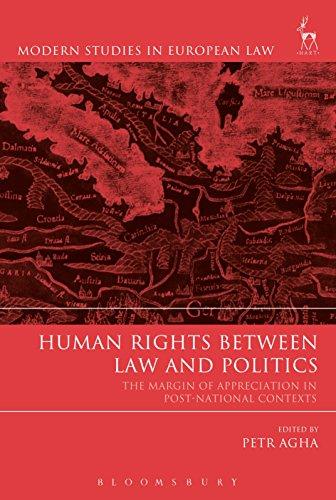Question
The executive branch consists of the President and the administrative officers/agencies. True False The Legislative branch legislates consists of the senate and the house of
The executive branch consists of the President and the administrative officers/agencies.
True
False
The Legislative branch legislates consists of the senate and the house of representatives.
True
False
The judicial branch in Article III of the constitution consists of the U.S. Supreme Courts and the State trial courts.
True
False
If the Supreme Court does not agree with the policy of a legislation, then they can strike down the law as part of the balance of power.
True
False
Administrative agencies are created by:
Congress
The Courts to administer the law.
Referendum
The President
The ____________ appoints the head of the agency.
Congress
Congressional Agency Oversight Committee
The Agency Appointment Commission
President
Match the following:
Rulemaking, Adjudication, Administrative Procedure Act
Has the force of law, Controls rulemaking and adjudication, Prosecution of rule violators.
Mediation is where:
The judge makes a compromise decision to mediate a dispute.
A mediator hears the evidence and makes a binding decision.
A mediator hears the evidence and makes a non-binding decision.
A mediator tries to bring the parties to a settlement.
The advantages of mediation over litigation is: (choose all that apply)
Results in a settlement.
Generally costs less
Usually less time consuming.
Better for future business relations.
Negotiation is where two (or more) parties try to reach an agreement to settle a dispute.
True
False
Arbitration is where an Arbitrator hears evidence and renders a decision.
True
False
Step by Step Solution
There are 3 Steps involved in it
Step: 1

Get Instant Access to Expert-Tailored Solutions
See step-by-step solutions with expert insights and AI powered tools for academic success
Step: 2

Step: 3

Ace Your Homework with AI
Get the answers you need in no time with our AI-driven, step-by-step assistance
Get Started


